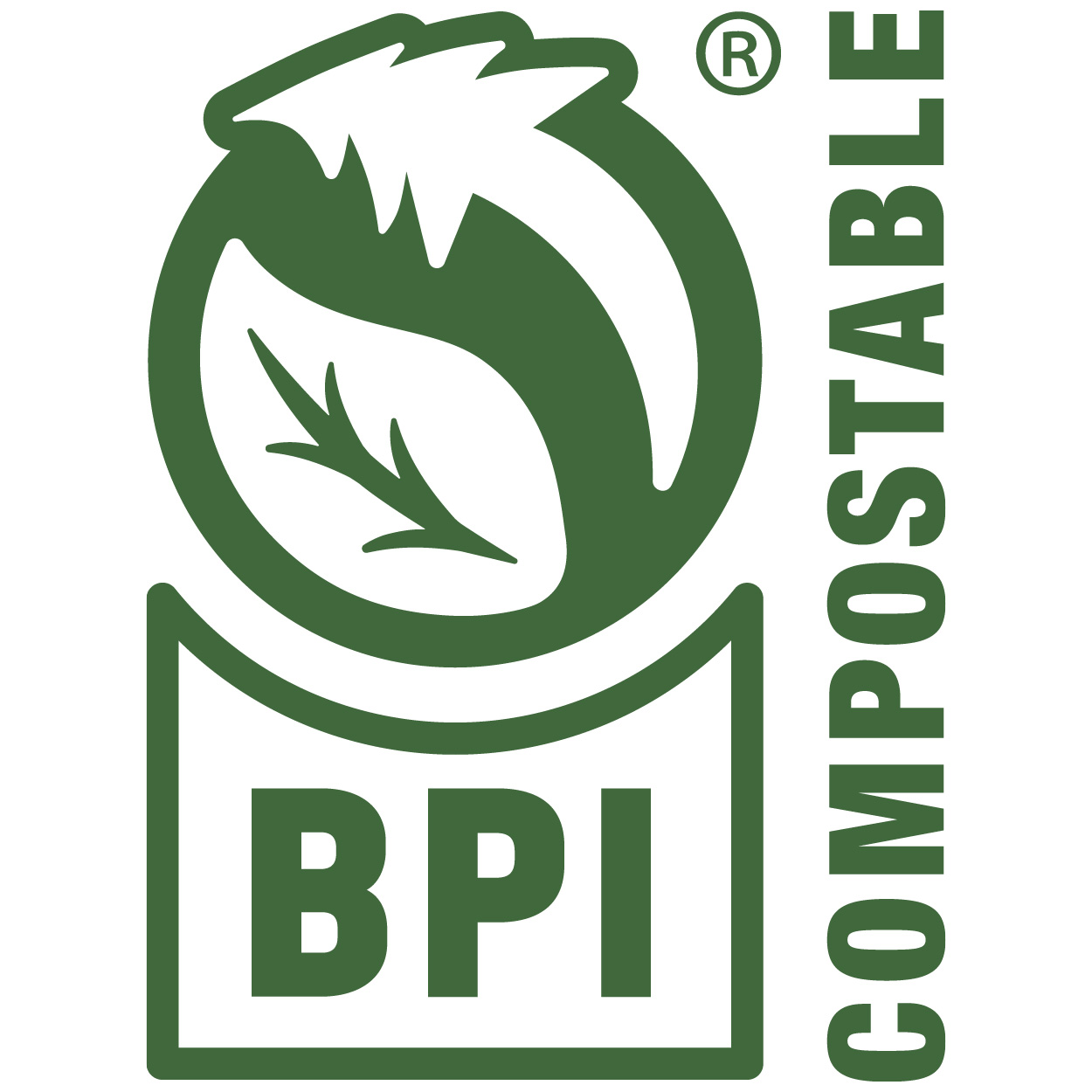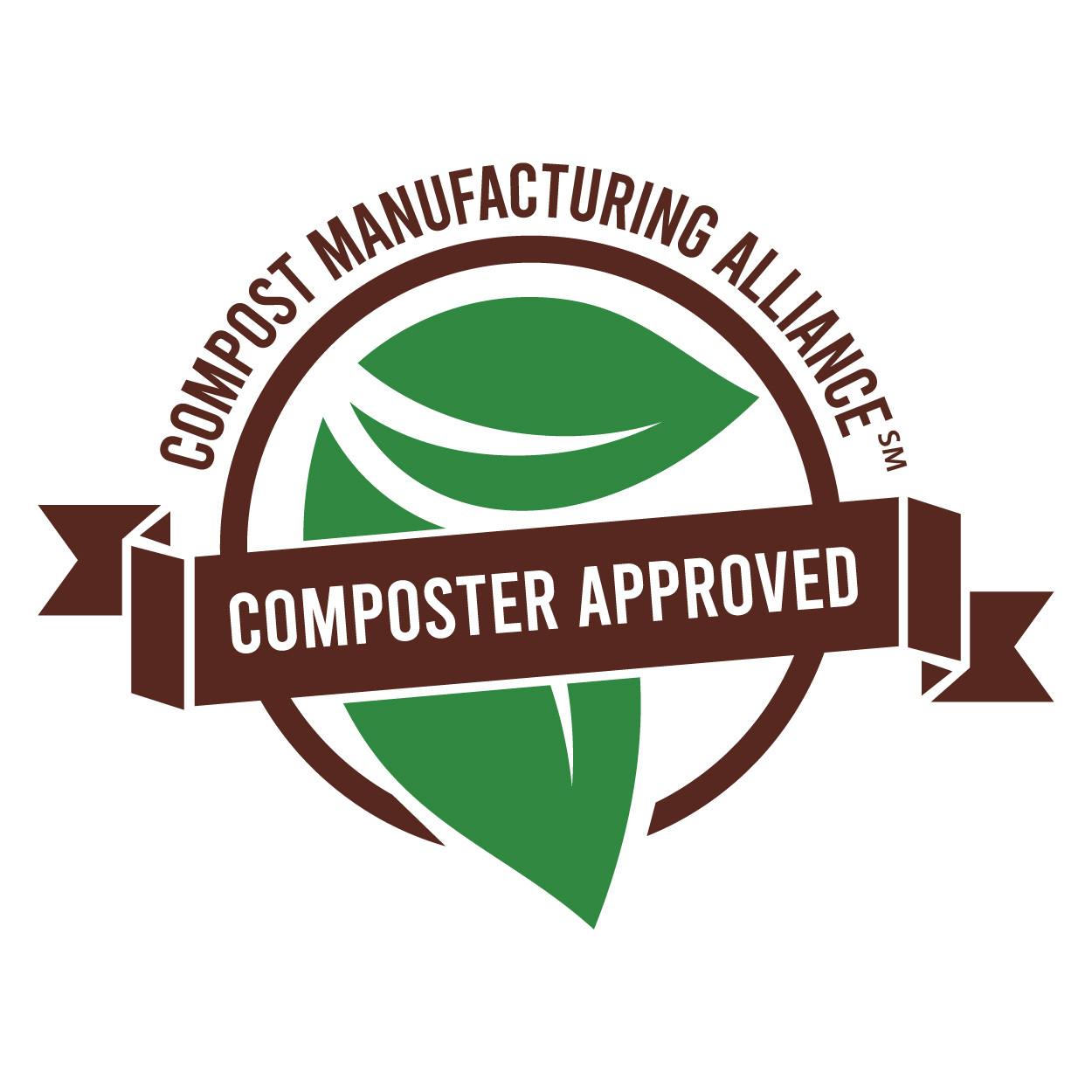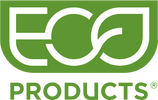The Importance of Third-Party Certifications for Compostable Foodservice Packaging
Posted by Eco-Products on Jan 10th 2025
When it comes to compostable foodservice products, not all claims are created equally. As a consumer, you’ve likely encountered packaging labeled with terms like “biodegradable,” “compostable,” “plant-based,” “green” or “environmentally friendly.” At first glance, these claims might seem interchangeable — but how do you know which products are actually compostable and which aren’t?
What are Third-Party Certification Programs?
Third-party certifications are independent programs designed to verify that products meet specific standards and qualifications. Certifications help instill trust among consumers by providing assurance that products will perform as claimed. These certifications are common in many areas, including food attribute labeling, safety, energy efficiency, fair trade and more.




Compostability Certifications for Packaging
Biodegradable Products Institute (BPI)
BPI is the leading authority on compostable products in North America and is a non-profit organization that has been certifying products for over 20 years. For a product to become certified, it must undergo lab testing in a controlled environment where factors such as moisture and temperature are monitored. All products and materials certified by BPI meet ASTM Standards* for compostability, along with other critical requirements for labeling, fluorinated chemicals (PFAS) and eligibility. Products that meet the criteria earn the right, and are required to display, the BPI Certification Mark.
Compost Manufacturing Alliance (CMA)
The Compost Manufacturing Alliance (CMA) offers field disintegration testing in several prominent processing methods with varying allowable disintegration time frames:
- Windrow (90 days)
- Covered In-Vessel (45 days)
- Modified Aerated Static Pile (60 days)
There is no ASTM standard or test method that currently exists for field disintegration testing.
DIN CERTCO issues certificates for compostable products based on ISO, EN and ASTM Standards. TUV AUSTRIA issues certificates based on those same standards, as well as certificates for products that can be composted in home composting environments (OK COMPOST HOME).
*The Role of the ASTM Standards
It’s important to note that ASTM does not issue certifications but instead establishes technical standards that serve as the foundation for many certification programs. For compostable products, ASTM has developed three key standards for industrial composting. These standards help to provide a consistent framework for third-party certifications, ensuring products meet defined criteria.
The Importance of Third-Party Certifications
For consumers, in a market flooded with buzzwords like “biodegradable” and “eco-friendly,” certifications act as a stamp of credibility. They help consumers distinguish between genuinely compostable products and those with unverified claims. By confirming that a product has undergone rigorous testing, certifications give consumers confidence that their purchase aligns with their values.
Certifications aren’t just helpful for consumers. They also benefit the facilities that process compostable materials. Many non-compostable products are specifically designed to look just like legitimate compostable products. Certifications help composters set rules for what is allowed into their facilities, and ensures that the products they accept will effectively break down without contaminating the compost stream.
To learn more about compostable packaging certifications, click here.

